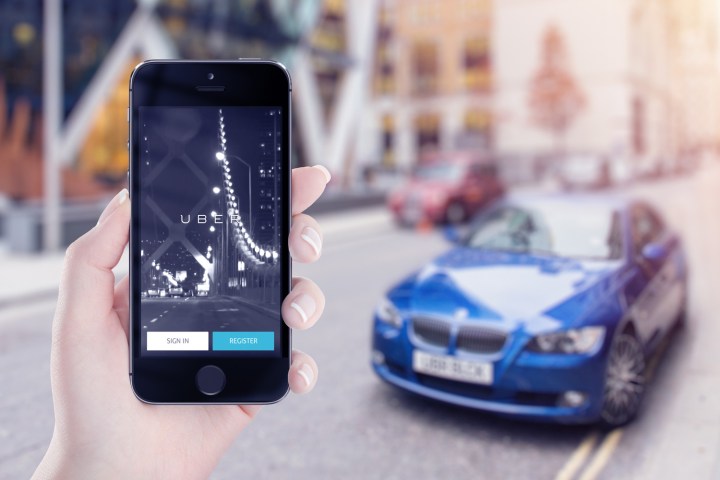
Uber’s app asks for all sorts of permissions, such as for access to your camera, contacts, location, and battery life. It is this last permission that Uber head of economic research Keith Chen talks about during his guest appearance on NPR’s The Hidden Brain podcast, in which he stated that the ride-sharing service keeps tabs on battery life in order to know when to go into energy-conservation mode. By keeping tabs on your phone’s battery life, however, Uber learned that riders are more likely to pay surge pricing — pricing that takes busier times into account — if their phones are on the verge of dying.
Interestingly, riders are more likely to pay surge pricing once it reaches 2.1 times the regular rate than they are at 2x. According to Chen, people think it is “capricious and unfair” when they open the Uber app and see a 2x price hike, though a ride with a 2.1x price hike feels more logical, like there is “a smart algorithm in the background.” Surge pricing, a boon for drivers but a costly annoyance for riders, is a price hike that takes place when there is greater demand for Uber drivers than supply.
Chen admitted that this little nugget of information is intriguing, though he assured people that Uber doesn’t use it to push higher surge pricing. “We absolutely don’t use that to kind of like push you a higher surge price, but it’s an interesting kind of psychological fact of human behavior,” said Chen.
The human behavior Chen likely referred to is how people behave during moments of panic versus moments of calm, the former of which seems to instigate erratic action. Unfortunately, it is the former that Uber got in trouble with in 2014, when surge pricing was turned on at the same time as a hostage situation in downtown Sydney, Australia. To Uber’s credit, however, it has since gotten better at making sure surge pricing is off during similarly traumatic events, such as during the terrorist attacks in Brussels, Belgium.


